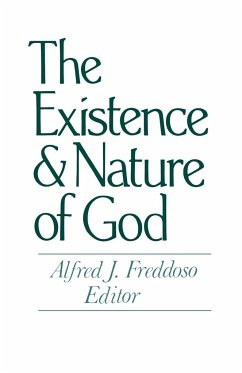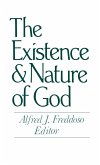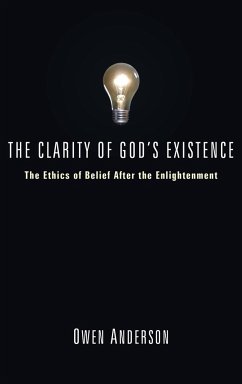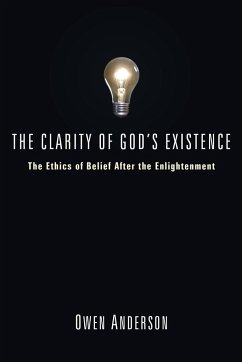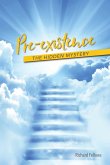These original essays offer evidence that a growing number of Anglo-American philosophers are finding in the classical discussion of God's existence and nature fertile sources for critical reflection on issues in the philosophy of religion. Nelson Pike challenges Aquinas' claim that God is not responsible for evil and shows how the rejection of this claim bears on the problem of evil. Richard Swinburne defends the classical Christian understanding of heaven and hell, arguing that it is both philosophically plausible and compatible with the Christian conception of God's goodness. Philip Quinn proposes a defensible version of the classical assertion that God's conserving a creature in existence is tantamount to his continuously creating that creature. Thomas Flint and Alfred Freddoso present an analysis of omnipotence which they claim to be both philosophically adequate and consonant with the orthodox Christian belief that God is both omnipotent and incapable of sinning. James Ross's main purpose is to dislodge the assumption that God's power is properly and adequately thought of as the power to cause (or bring about or actualize) states of affairs. Clement Dore reinterprets and defends Descartes' often maligned Fifth Meditation argument for God's existence. Finally, Mark Jordan explicates the metaphysical foundations of Aquinas' doctrine of divine names.
Hinweis: Dieser Artikel kann nur an eine deutsche Lieferadresse ausgeliefert werden.
Hinweis: Dieser Artikel kann nur an eine deutsche Lieferadresse ausgeliefert werden.

